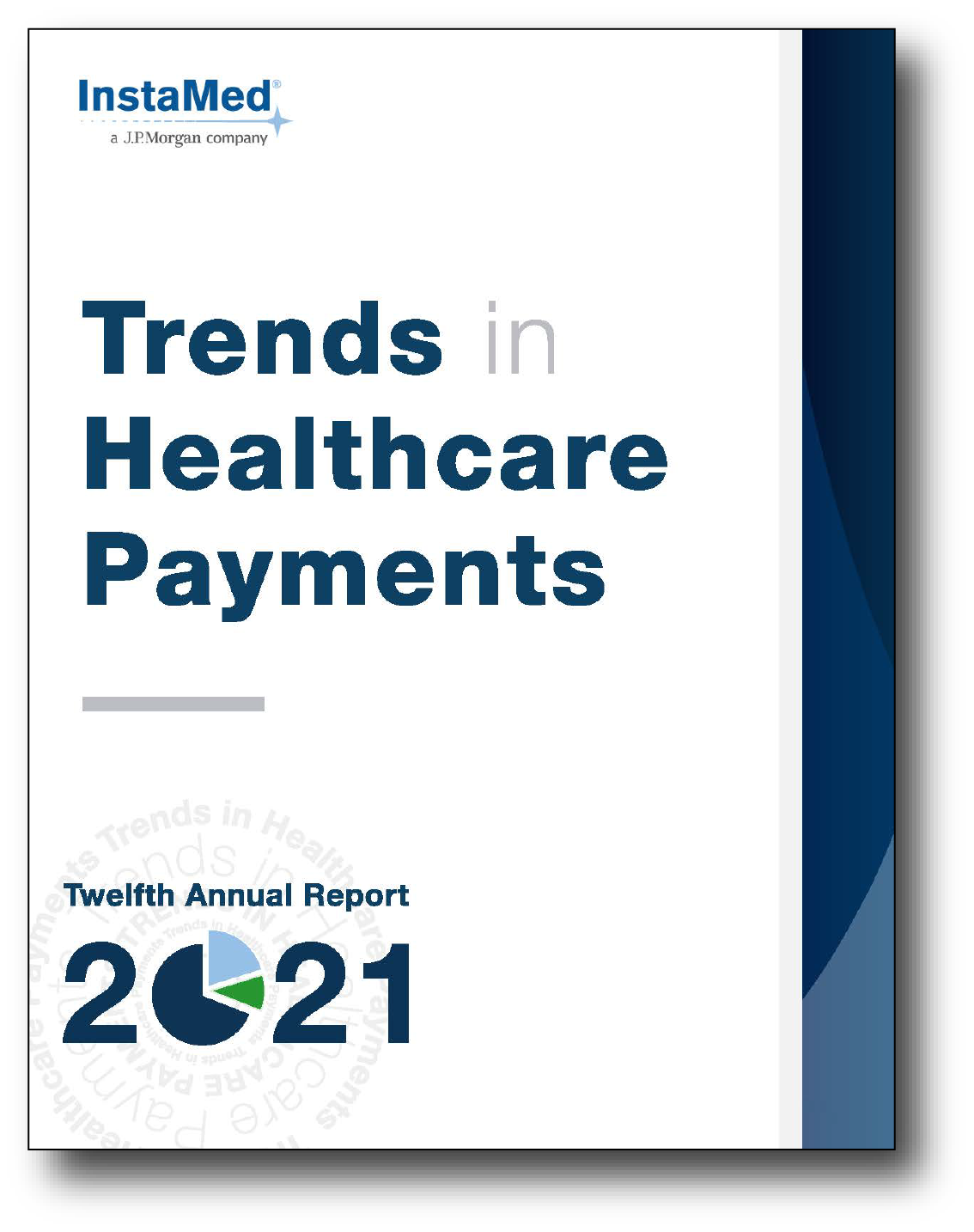OrboNation Newsletter: Healthcare Payments Edition – May 2022
InstaMed Report: Potential Savings of $20B or 48% of Existing Annual Spend by Fully Adopting Electronic Transactions
InstaMed -- a JP Morgan Company -- recently published its 12th Annual Trends in Healthcare Payments Report. As with most services, the cost of healthcare continues to rise. However, according to the report, healthcare has become a major part of the US economy and a major expense for the population.
Healthcare spending is almost 20 percent of the national gross domestic product (GDP), up from nearly 7 percent in 1970. That growth shows no sign of slowing down in the next decade. Out-of-pocket healthcare costs for consumers have also increased significantly over that same timeframe. In the last decade, family premiums grew faster than both wages and inflation.
No Surprises Act Update: How Will It Be Enforced?
The No Surprises Act was signed into law in 2020, going into effect on January 1, 2022 for most consumers enrolled in individual and group health insurance plans. As discussed in this space previously, the new law addresses "surprise" medical bills in any of the following three circumstances as described by the Commonwealth Fund...

MIT/Sloan Management Review: “Potential for Administrative AI Systems in Healthcare”

There is an overarching dramatic idea that AI systems and robots will one day replace doctors and nurses delivering healthcare. Imagine, a patient goes into an operating room and, rather than a human surgeon "scrubbed up" with a team of nurses, the only thing present are specialized machines and robotics prepped to perform surgery.
Will this be the future? Possibly -- but not anytime soon, according to MIT/Sloan Management Review...
PwC Report: Inflationary Impact Baked Into Healthcare Costs Before It Hit the Economy
PwC, a leader in Customer Experience Strategy Consulting, released a report that examines medical costs trends in this unique period of time:
The pandemic has shifted how and where Americans gain access to care, a shift large enough to influence multiple aspects of price and utilization and, thus, medical cost trend. The aftereffects of the pandemic and the health system’s response to changes and failures observed during the pandemic are expected to drive up spending (inflators) in 2022...
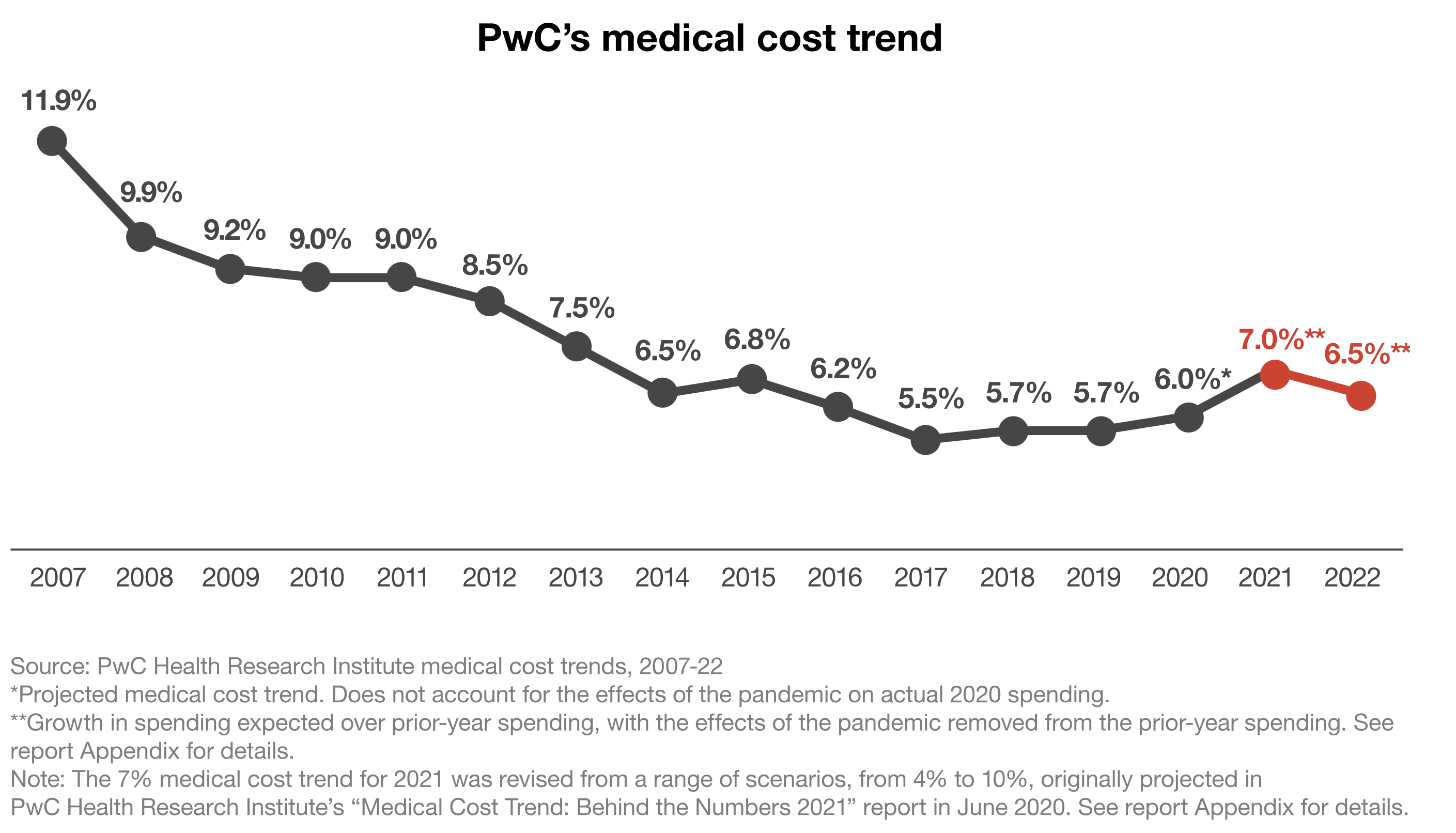
Cerner/AKASA Partnership: Driving Automation Through AI For Better Doctor and Patient Experience
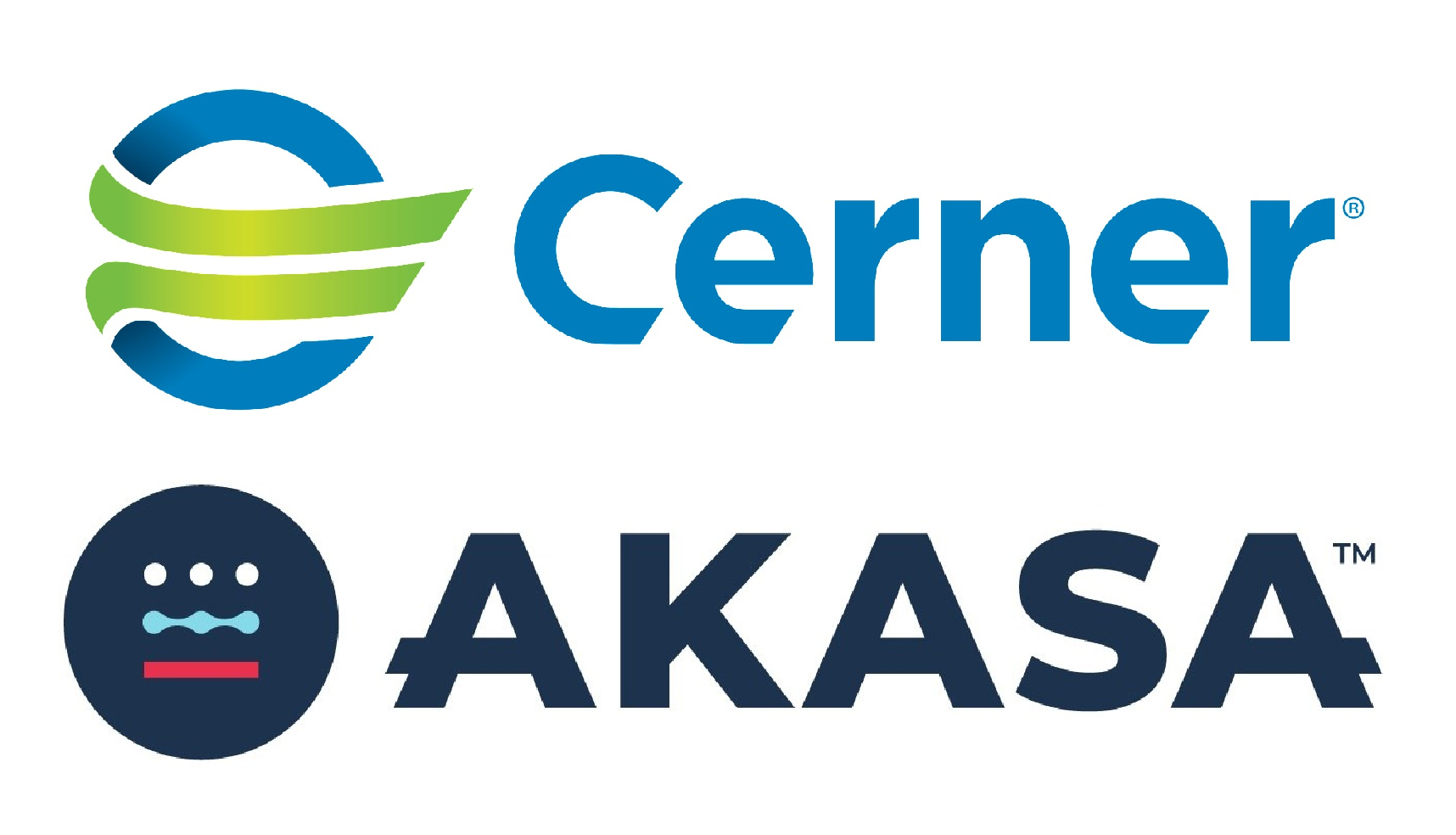
RevCycleIntelligence.com reports that Cerner, a global healthcare technology company, has announced that it is prepared to help members achieve revenue cycle automation by providing access to an artificial intelligence (AI)-driven platform through a collaboration with AKASA...
Price Transparency Addressing Buy Now, Pay Later Model
We are watching the healthcare industry reinvent itself after being buffeted by a pandemic. In addition to problems of staffing, space, and encouraging preventive habits, paying for care has been exposed as particularly problematic.
Fortunately, as reported on the PYMNTS.com website, new players are stepping up to address it...
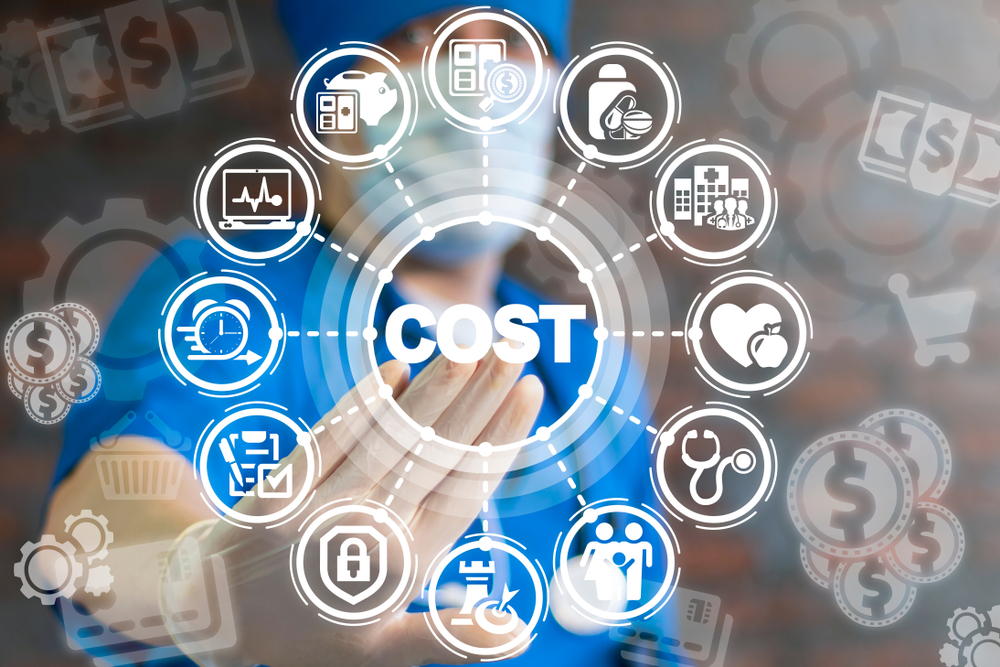
PYMNTS.com & Experian Health Research Collaboration: The Importance of Patient Portals
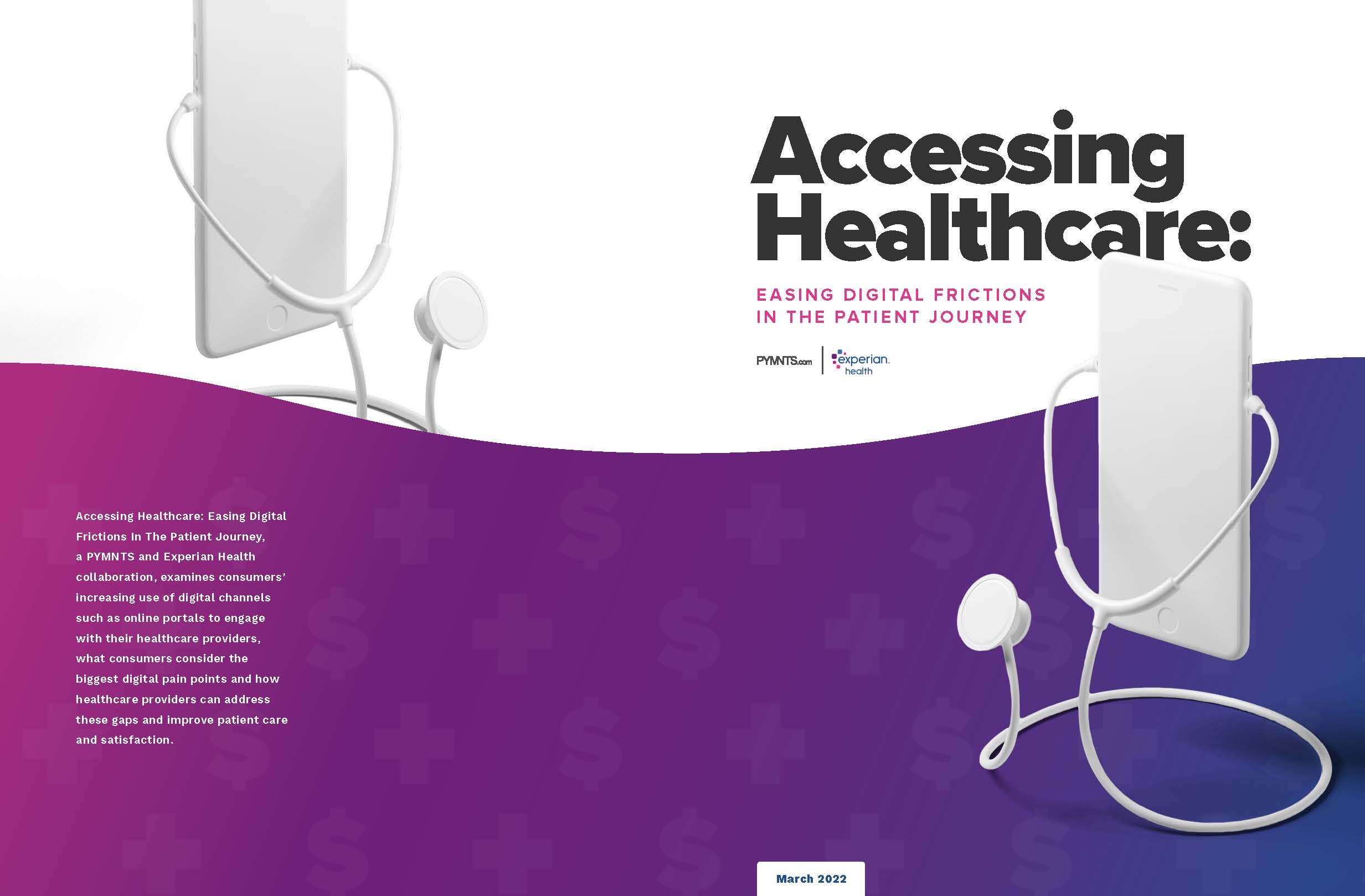
As we are all aware, the pandemic has drastically changed healthcare -- both in how patients are cared for and how they want to manage their care. This led to a PYMNTS.com and Experian Health collaboration to better understand the important of patients portals for scheduling their appointments, receiving their results, and -- most importantly -- paying for their healthcare.
Patient portals are no longer a "nice-to-have," but a must-have. In fact, according to PYMNTS.com & Experian Health's research: Accessing Healthcare: Easing Digital Frictions in the Patient Journey, "61% of patients interested in using the tools say they would switch to a healthcare provider that offers one..."
